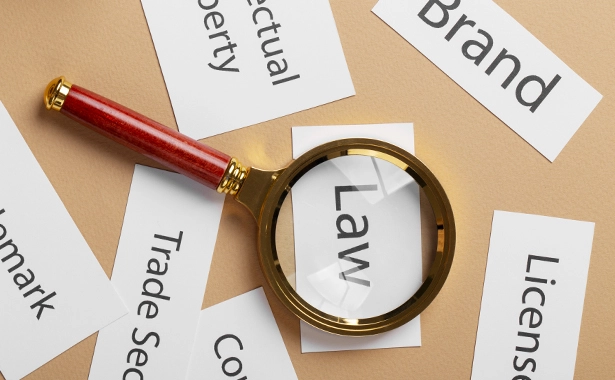Motion to Compel
A motion to compel is a legal request that can be made by one party in a legal proceeding. It asks the court to force the other party to comply with a discovery request or court order. Discovery is the process by which parties involved in a lawsuit obtain information and evidence from each other to build their cases. If a party fails to respond to discovery requests or refuses to comply with a court order, the opposing party may file a motion to compel.
Below are the main elements that are typically included in a motion to compel:
- Caption: This section will include the name of the court, the names of the parties involved, the case number, and any other relevant information.
- Introduction: The motion usually starts with an introduction that explains the purpose of the motion, such as the failure of the opposing party to comply with a court order or to respond to discovery requests.
- Statement of Facts: This section outlines the facts and circumstances that led to the motion. It may include details about the specific discovery requests, the responses (or lack thereof), and any attempts to resolve the issue informally.
- Legal Basis: The motion will cite the legal authority or rule that supports the request for the court to compel the opposing party to comply. This may include references to relevant rules of civil procedure or previous court decisions.
- Request for Relief: The motion will include a clear and specific request for relief, such as a request for the court to order the opposing party to respond to specific discovery requests, provide documents, or take other actions as required.
- Supporting Affidavit or Declaration: Often, the moving party will include an affidavit or declaration from a party or attorney involved in the case, providing firsthand information about the failure to comply and the efforts made to resolve the issue.
- Certificate of Conference: Some jurisdictions require the moving party to certify that they made a good-faith effort to resolve the discovery dispute with the opposing party before filing the motion. This may involve a conference between the parties or other attempts at informal resolution.
- 8. Proposed Order: In some cases, the moving party may include a proposed order for the court to sign if it grants the motion. This can expedite the process if the court agrees with the motion.
In addition, parties are often encouraged to try to resolve discovery disputes through negotiation or alternative dispute resolution methods before resorting to a motion to compel.



